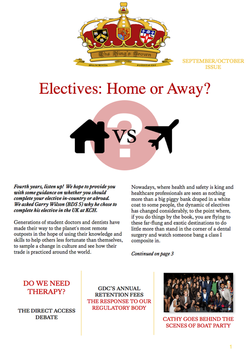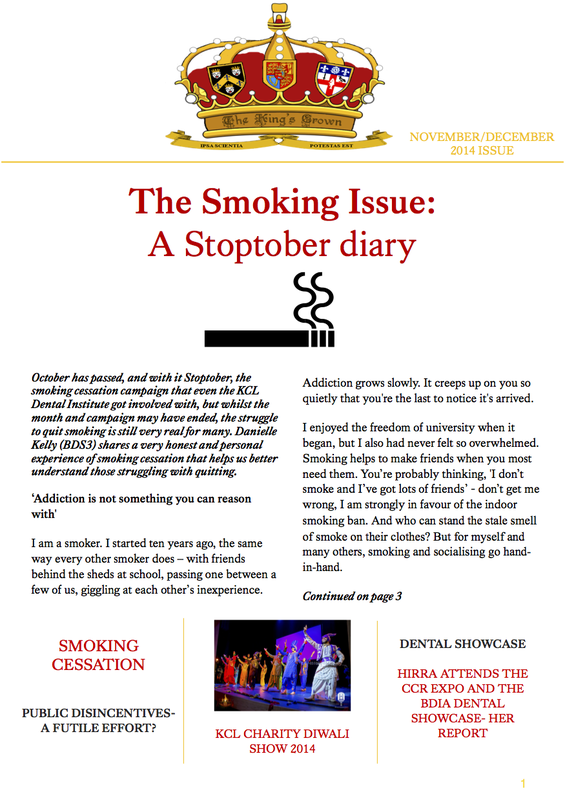|
J'aime les Dents
This week, our man from Anfield ponders the reformed NHS Dental Contract I love the NHS. The NHS is a boss idea. If you're not well, you go to see someone who knows how to fix you. They do their thing and away you go, all better. And you don't part with a penny. That's great news. Now, NHS dentistry is a wee bit different, in that you have to pay a little bit towards your treatment, but still, your fillings and crowns and whatnot are all very reasonably priced. The current NHS dental contract is not without its critics. The current UDA (Unit of Dental Activity) system doesn't necessarily result in the best possible care for patients, as dentists aren't paid suitably for the treatment that they carry out, which can lead to corners being cut as dentists struggle to make ends meet, just like anyone else. The Department of Health have acknowledged this fact and are looking to tweak the current system to ensure that prevention is king, that there is suitable recompense for dentists doing the right thing by their patients and by measuring the quality of work provided, so that the patient (and the taxpayer) get their money's worth. Of course, there was a need for a period of due diligence prior to the implementation of a new contract, so a pilot of the new contract was conducted in seventy practices across England to see how well the new system will work out in the big, bad world. There were 3 different types of pilot and for details of these, I refer you to the full report on the pilots, as the details are beyond the scope of this lovely article. Changes Being the riveting and captivating dental writer that I am, I shall use all the erudition and elegance that I can call upon to distill the 87-page review on the pilot into a few key points:
Consequences It's difficult to summarise an 87-page document with such brevity and wit, but having read the report, I would consider these to be the salient points:
This has been a very quick overview of the contract pilots, which I hope has proved useful. For further details please see the various publications of the Department of Health. 'People ask me why, as a trainee dentist, I always seem to be in a bad mood. I tell them that I always look down in the mouth' Garry Wilson
3 Comments
J Campbell
2/11/2014 12:53:06
Another consequence of the standardised system for Oral Health Assessment is that care planning sessions allegedly now take twice as long as they once did (60 minutes rather than, say, 30). This potentially yields greater job satisfaction and higher quality care, but could cost the DoH twice as much to finance, introducing new pressures to the system. Perhaps that might catalyse change to the balance of work across the dental team. Either way, the findings of the report (that there is a great deal of uncertainty about how this will work out) and their implications (that some other alternative means of financing NHS dentistry may be the ultimate consequence) are not something the government is inclined to publicise widely at the present moment, with a General Election in the offing. What does Mr Wilson think about that?
Reply
Garry Wilson
3/11/2014 06:37:00
A very interesting point you've made James. I think ultimately, time will tell, and we'll know a lot better once we're the other side of the election. Longer in the chair for the patients will surely mean a higher perceived level of care, which is no bad thing. Where the money comes from to finance this will be interesting
Reply
Michael Thomas
6/11/2014 14:09:53
But increased use of all members of the dental team to directly deliver dental care with increased emphasis on disease control and prevention rather than expensive and ineffective treatment results in win-win! It's like tika taka in football - not just boot it upfield, but gain control and keep possession results in long term success.
Reply
Leave a Reply. |
The King's CrownThe KCL Student Dental Newsletter. All submissions are welcome. Issues
Archives
April 2019
|




 RSS Feed
RSS Feed
